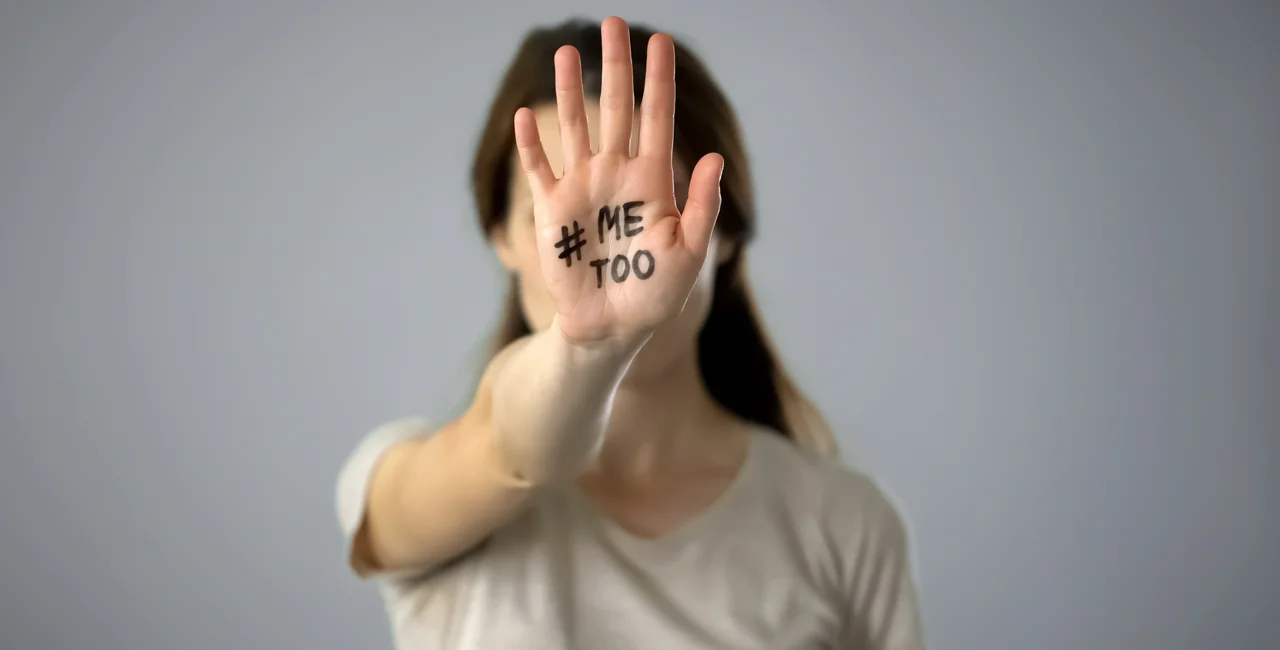The Czech Republic is not doing enough to stop sexual violence. So say women’s rights campaigners who believe the country’s laws do not provide the level of protection offered by legal systems in other European countries such as Germany, Denmark and Sweden.
Calls for change come as a damning report by the proFem NGO reveals that more than half of women in the Czech Republic have experienced some form of sexual harassment and violence at some point in their life. Incidents range from verbal assaults, unwanted touching or erotic messaging, to rape, something experienced by as much as 9 percent of women and 2 percent of men.
The results came from a poll of around 1,000 people conducted in August by the MindBridge Consulting company. It showed that a third of women have been the target of verbal assaults and inappropriate comments. 31 percent have experienced unwelcome touching, while 17 percent have received unwanted erotic pictures or videos. One in ten women have witnessed someone exposing themselves and masturbating in public.
7 percent of respondents had experienced somebody forcing them into sexual practices they did not desire. 4 percent had been threatened or blackmailed with the release of intimate photos. Most frightening of all, 9 percent (57 of the female respondents taking part in the poll) said they had been raped.
“In total, 54 percent of women have encountered at least one form of sexual violence and harassment, meaning one in two women over the age of 18. Many experienced two or three types of violence or harassment,” proFem director Jitka Poláková told the media.
The Czech Republic’s lax harassment laws are blamed by many NGOs, experts and lawyers for the apparent prevalence of sexual violence in the country. They argue that the definition of “rape” should be expanded to include all sexual intercourse without consent, as is the case in other countries such as Germany, Denmark and Sweden. It is thought that few incidents of rape are currently reported to the police in the Czech Republic, as victims are afraid to tell others about their experience.
Tougher laws against sexual harassment are being held up by the Czech Republic’s refusal to ratify the EU’s Istanbul Convention, Europe’s first treaty to combat gender-based violence. The convention would require EU member states to criminalize sexual harassment, establish domestic abuse shelters, and ban forced abortion and sterilization.
But in a landmark ruling earlier this month, the European Court of Justice said the bloc does not need the signatures of all 27 member states to press ahead in making the treaty legally binding. Poland, Hungary, the Czech Republic and other countries argued the bloc does not have the right to ratify the treaty without their approval.
In May, ministers from 16 EU countries issued a statement to countries which have not yet signed the convention.
“Preventing all forms of violence is not controversial. Protecting victims of abuse is not controversial. Most of all, it is not negotiable,” they wrote.












 Reading time: 2 minutes
Reading time: 2 minutes 



























